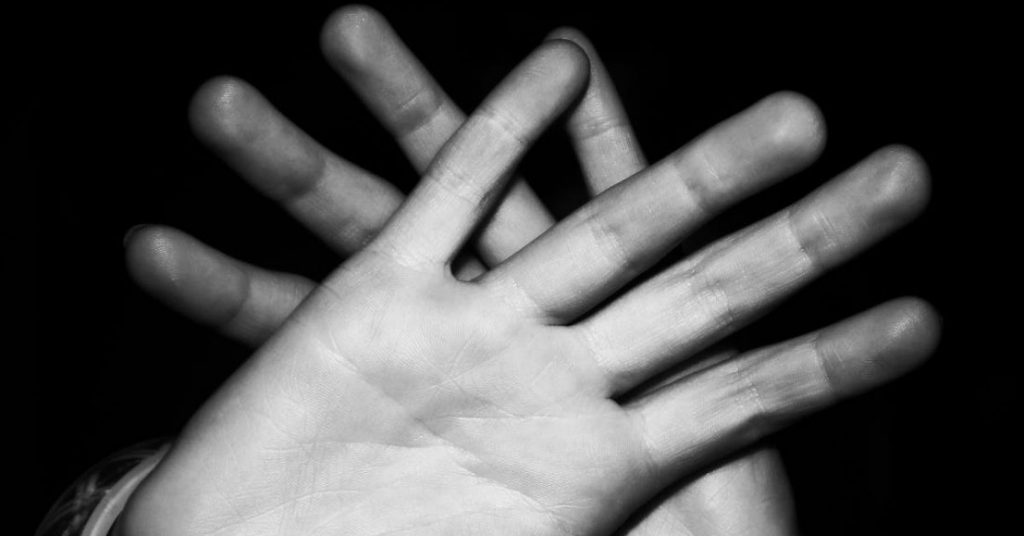“Labels are for filing. Labels are for clothing. Labels are not for people.” -Martina Navratilova
In today’s modern society, people especially the youth seem to have a habit of giving labels or stereotyping all aspects such as race and ethnicity, culture, gender, and other forms of social stratification. However, we fail to see that this habit is our worst diversity enemy.
According to Mike Cardwell, a Principal Lecturer in Psychology, a stereotype is a fixed, overgeneralized belief about a particular group or class of people. By stereotyping, we infer that a person has a whole range of characteristics and abilities that we assume all members of that group have. These thoughts or beliefs may or may not accurately reflect reality.
In addition to this, it is different from a reasonable generality because when we generalize, we make flexible statements and clearly recognize that a characteristic does not apply to all members of a group.
Psychology says that one advantage of a stereotype is that it enables us to respond rapidly to situations because we may have had a similar experience before.
However, stereotypes often lead to social categorization, which is one of the reasons for having prejudice attitudes wherein it creates in-groups and out-groups in an environment. Moreover, stereotyping hinders the members of a specific group to show their intelligence and abilities which may result in loss of opportunities. Lastly, this habit makes us ignore the uniqueness through our differences between individuals.
That’s why we should always remember that just because one man is sexist does not mean all are, just because one disabled person takes advantage of status does not mean they all will, and just because one white person is racist does not mean all are. Everyone has their own strengths and weaknesses, intellect and skills. Therefore, we must never rely on what we used to know and begin to appreciate and value the differences of one another.
Let us stop stereotyping and start spreading respect and value to the diverse society.


